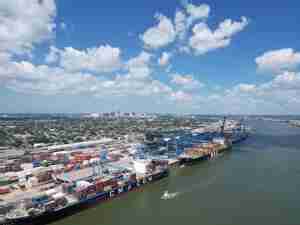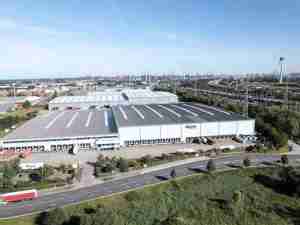As a result of this order, companies or businesses wanting to locate in the Port of Quincy can now get approved to use the FTZ in 30 days or less.
Foreign Trade Zones were created in the United States to provide special customs procedures to U.S. plants engaged in international trade-related activities. Duty-free treatment is accorded items that are processed in FTZs and then re-exported, and duty payment is deferred on items until they are brought out of the FTZ for sale in the U.S. market. This helps to offset customs advantages available to overseas producers who compete with domestic industry.
By now being included in FTZ 203, a company that locates within the Port of Quincy will be able to realize the following benefits or advantages if it uses the FTZ program:
- FTZs are considered to be outside of U.S. Customs Territory for the purpose of customs duty payment.
- Goods entering FTZs are not subject to customs tariffs until the goods leave the zone and are formally entered into U.S. Customs Territory. Merchandise that is shipped to foreign countries from FTZs is exempt from duty payments. This provision is especially useful to firms that import components in order to manufacture finished products for export.
- There is no time limit on goods stored inside a FTZ and certain foreign and domestic merchandise held in FTZs may be exempted from state and local inventory taxes. This allows firms to minimize their costs while their products are waiting to be shipped. In addition, quota restrictions are in some cases waived for items entering an FTZ.
- A variety of activities can be conducted in an FTZ, including assembling, packaging, destroying, storing, cleaning, exhibiting, re-packing, distributing, sorting, grading, testing, labeling, repairing, combining with foreign or domestic content, or processing.









